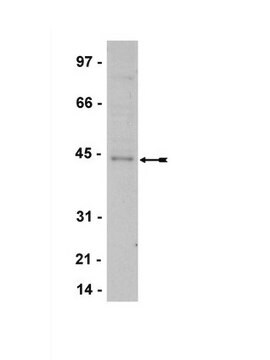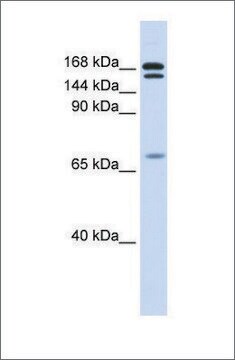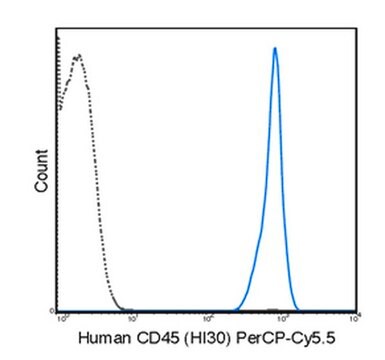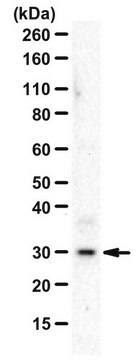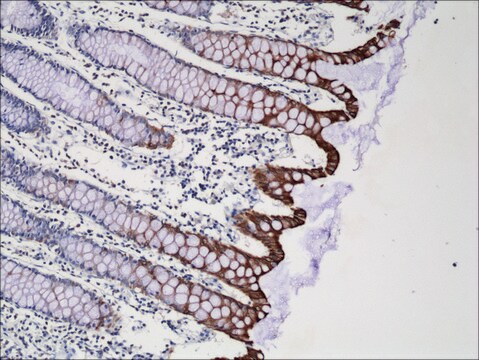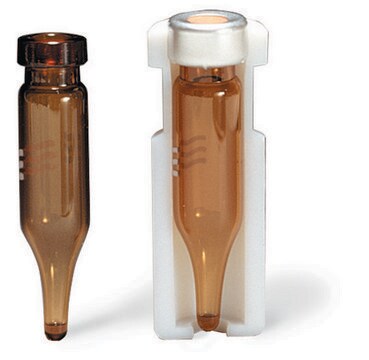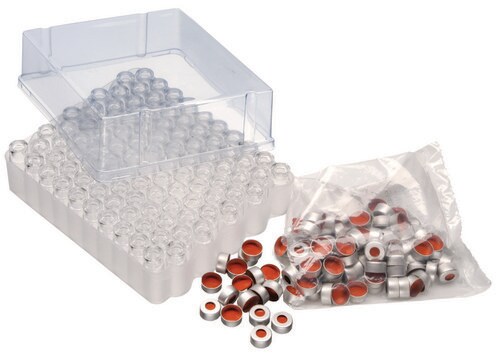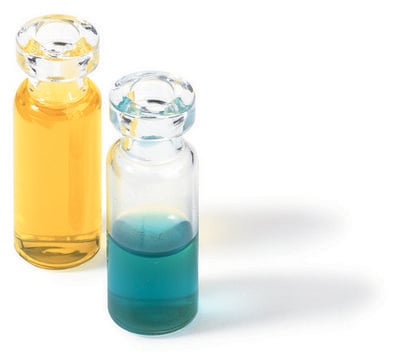MABN318
Anti-Transmembrane Prostatic Acid Phosphatase Antibody/TMPAP, clone 3G10.1
clone 3G10.1, from mouse
Sinonimo/i:
Prostatic acid phosphatase, PAP, 5′-nucleotidase, 5′-NT, Ecto-5′-nucleotidase, Thiamine monophosphatase, Transmembrane Prostatic Acid Phosphatase, TMPase, ACPP, TMPAP
About This Item
Prodotti consigliati
Origine biologica
mouse
Livello qualitativo
Forma dell’anticorpo
purified immunoglobulin
Tipo di anticorpo
primary antibodies
Clone
3G10.1, monoclonal
Reattività contro le specie
human
tecniche
immunohistochemistry: suitable (paraffin)
western blot: suitable
Isotipo
IgG1κ
N° accesso NCBI
N° accesso UniProt
Condizioni di spedizione
wet ice
modifica post-traduzionali bersaglio
unmodified
Informazioni sul gene
human ... ACPP(55)
Descrizione generale
Specificità
Immunogeno
Applicazioni
Neuroscience
Qualità
Western Blotting Analysis: 4 µg/mL of this antibody detected this antibody detected Transmembrane Prostatic Acid Phosphatase/TMPAP in 200 µg of human prostate tumor tisssue lysate.
Descrizione del bersaglio
Stato fisico
Stoccaggio e stabilità
Altre note
Esclusione di responsabilità
Non trovi il prodotto giusto?
Prova il nostro Motore di ricerca dei prodotti.
Codice della classe di stoccaggio
12 - Non Combustible Liquids
Classe di pericolosità dell'acqua (WGK)
WGK 1
Punto d’infiammabilità (°F)
Not applicable
Punto d’infiammabilità (°C)
Not applicable
Certificati d'analisi (COA)
Cerca il Certificati d'analisi (COA) digitando il numero di lotto/batch corrispondente. I numeri di lotto o di batch sono stampati sull'etichetta dei prodotti dopo la parola ‘Lotto’ o ‘Batch’.
Possiedi già questo prodotto?
I documenti relativi ai prodotti acquistati recentemente sono disponibili nell’Archivio dei documenti.
Il team dei nostri ricercatori vanta grande esperienza in tutte le aree della ricerca quali Life Science, scienza dei materiali, sintesi chimica, cromatografia, discipline analitiche, ecc..
Contatta l'Assistenza Tecnica.